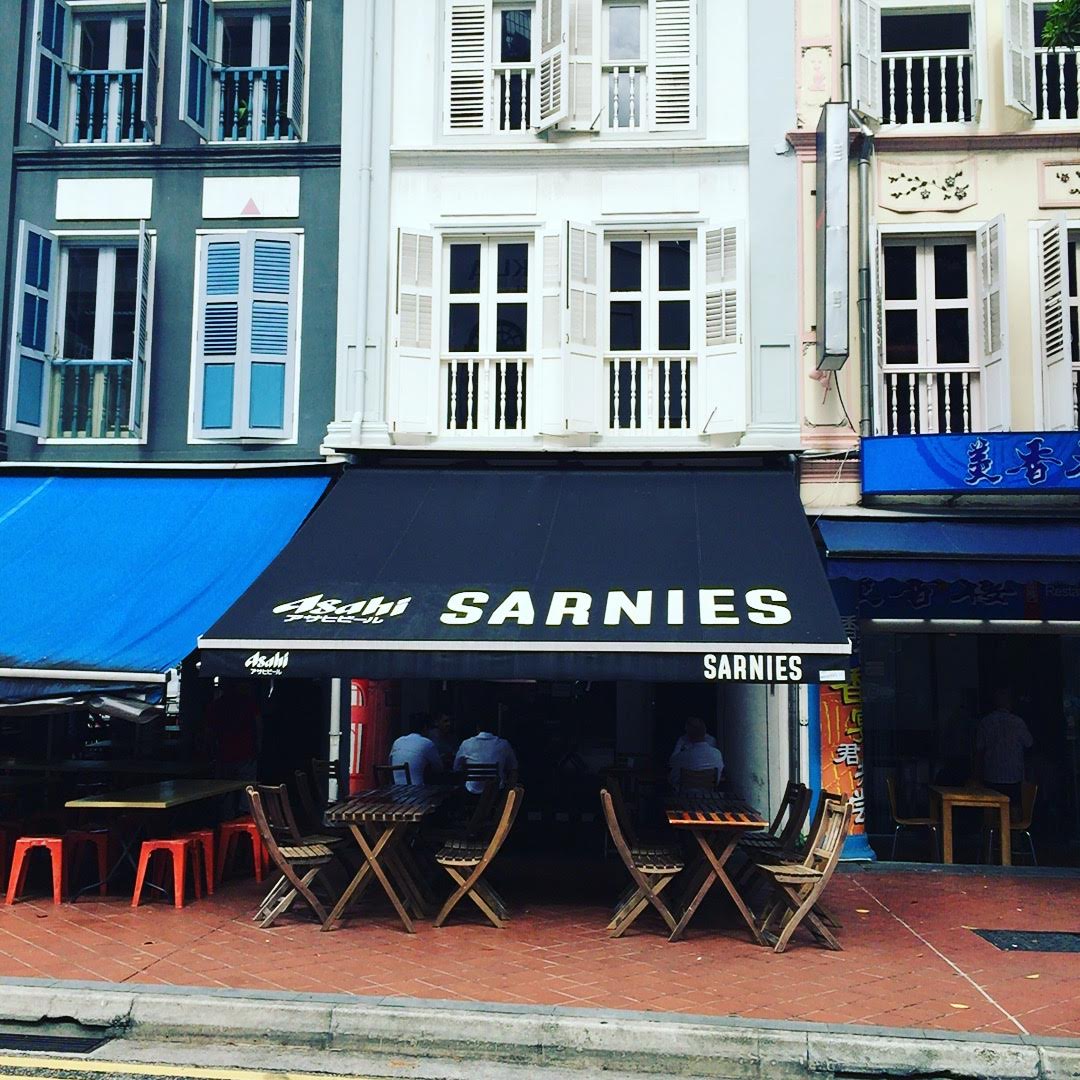In 2015 we started doing interviews with restaurant, retail and BPO entrepreneurs to learn more about their businesses, how they make decisions and what’s next for them. These interviews have been quite a success and we plan to continue them into 2016.
First up this year is Ben Lee, the CEO of Sarnies.
“Started a few years ago by Aussie Ben Lee, Sarnies is a pumpin’ little café located in the bustling CBD. Here at Sarnies, we are passionate about our products and their quality. Grass fed beef; chicken free from hormones and antibiotics; bacon cured in-house – all so that you’re guaranteed a fantastic meal every time.
‘Sarnies’ may be slang for sandwich, but we’re much more than that. We serve up hearty breakfasts; gourmet sandwiches; massive salads, homemade bakery treats and a damn good cuppa.” (sarniescafe.com)

1. Where are you from and what brought you Singapore?
I am originally from Australia and was brought here via a job in my previous life working in a bank.
2. How many restaurants do you currently run?
Four in Singapore with four soon to be opened in Malaysia and one soon to be opened in Thailand.
3. Which one was the first?
Sarnies Cafe on Telok Ayer Street (136 Telok Ayer Street Singapore 068601)
4. What do you like about doing business in Singapore?
For me its a good mix of familiarity and new opportunities to discover. It has been a great entry into Asia for us.
5. What are the challenges for doing business in Singapore?
The tightest labour market in all of history.
6. What advice would you give a business person moving into Singapore, that you wish you knew before moving to the country?
Given it’s the lowest barrier to entry of any city in Asia, competition is fierce in the restaurant game. There’s a lot of good stuff here.
7. How do you choose locations for your businesses?
We go for busy working areas where people don’t have to move very far to get their coffee. And the smaller the footprint the better to keep the rental low.


